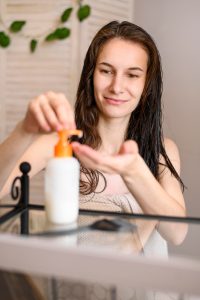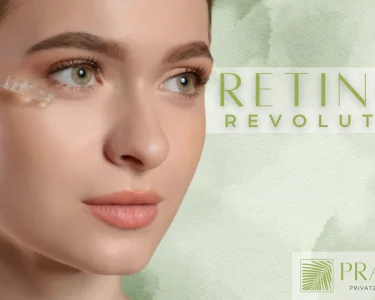Introduction:
The topic of scalp sunscreen has gained significant attention in the beauty and skincare community, sparking a debate on its necessity and effectiveness. Keeping the scalp safe from harmful UV rays has become a bigger worry due to concerns about sun damage and skin cancer. In this article, we delve into the controversy surrounding scalp sunscreen, exploring its importance in maintaining scalp health, the efficacy of scalp sunscreens, potential drawbacks, and alternative methods for safeguarding your scalp against the sun’s harmful rays.
The Importance of Sun Protection for the Scalp:
People often forget to protect their scalp from the sun, even though it can easily get damaged by the sun. Getting too much sun can cause sunburn, make you look older before your time, and might raise your chances of getting skin cancer on your scalp. Understanding the significance of protecting your scalp from the sun’s harmful effects is crucial for maintaining overall skin health.
The Efficacy of Scalp Sunscreens:
Scalp sunscreens have emerged as a specialized product designed to provide sun protection specifically for the scalp. These formulations are available in multiple options like sprays, lotions or powders and they state that they provide strong protection against UV radiation. Let’s investigate if scalp sunscreens are effective at shielding the scalp from damaging rays and if they fulfill their claims.

Potential Drawbacks of Scalp Sunscreens:
While scalp sunscreens have gained popularity, there are potential drawbacks to consider. A few users may discover that these products are oily, heavy, or leave a residue on the scalp. Additionally, application can be challenging, especially for those with thick hair or specific hairstyles. We explore these possible disadvantages and propose ways to lessen their impact for a more enjoyable sunscreen application.
Alternative Methods for Scalp Sun Protection:
For individuals who doubt or face obstacles with scalp sunscreens, there are alternative techniques available to safeguard the scalp against harmful sunlight. Wearing hats, scarves, or headwraps can provide physical protection, while seeking shade during peak sun hours can also minimize sun exposure. You can also keep your scalp safe from the sun by choosing hairstyles like braids or updos.
The Future of Scalp Sunscreens:
While arguments keep happening, developments in scalp sunscreens may deal with certain of the ongoing worries and drawbacks. New ways of making scalp sunscreen might make it feel better and work better too. Additionally, continuous research and learning about the significance of safeguarding the scalp could influence how people in the beauty and skincare community view scalp sunscreens.
Conclusion:
The controversy surrounding scalp sunscreen raises important questions about the necessity and effectiveness of this beauty product. While sun protection for the scalp is crucial for overall skin health, the choice to use scalp sunscreen ultimately depends on individual preferences and needs. By considering different approaches to shield your scalp from the sun’s damaging UV rays and staying knowledgeable about advancements in scalp sunscreen technology, you can choose how best to protect yourself.




